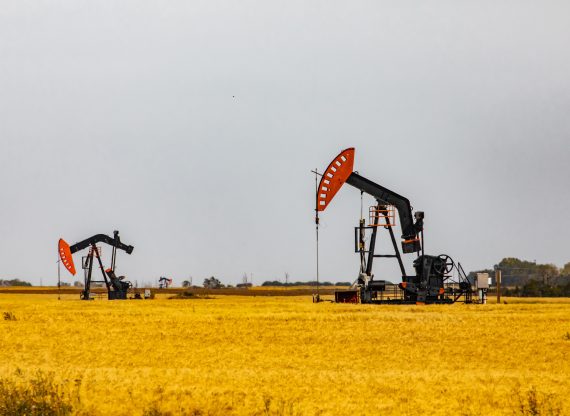Don’t tell their government, but Quebecers prefer Western Canadian oil

For several months now, COVID-19 has dominated the news cycle. Many things seem to have changed. However, a new Ipsos poll, commissioned by the Montreal Economic Institute, confirms a constant: for Canadians, health and the economy are the two most important political issues. In third place: climate change, closely followed by public safety and taxes.
While 14 per cent of Canadians consider climate change to be the most important issue, 61 per cent of those surveyed do not want to spend one more cent to fight it. Another 22 per cent are only ready to spend between $1 and $100 a year, which means 83 per cent are unwilling to spend more than $100, or just $8.33 a month. This seems less surprising when you consider that the most popular vehicle in Canada is the Ford F-150.
Quebecers’ opinions on energy issues seem to have evolved, though. No fewer than 50 per cent of Quebecers now want the province to develop its own oil resources, an increase of five percentage points over last year. Alas, that’s not currently happening. Earlier this year the developer of the Old Harry oil and gas field in the Gulf of St. Lawrence abandoned the project, the only one of its kind in Quebec.
Quebecers’ preference for Western Canadian oil has also increased over the past year. Now, 71 per cent of survey respondents prefer to import oil from the West, while just eight per cent favour American oil. As for the best way to transport it, 49 per cent of Canadians think pipelines are the safest method, followed by 13 per cent for rail transport. Tanker truck and ship account for another 14 per cent of responses. In Quebec, 41 per cent prefer pipelines.
The picture that emerges from this poll is fascinating: there is clearly a disconnect between public opinion and the Quebec government’s actions on energy issues. Whereas Quebecers want to develop their oil resources, no provincial politician wants to even think about it. For that matter, it would be a rare private entrepreneur who would be audacious enough to make such a proposal given that it likely would be doomed from the start.
Of course, politics aside, very few oil and gas development projects would be viable in current market conditions. Yet this is no reason to stonewall potential projects of this kind. After all, developing our oil resources would create very high-quality jobs in rural regions. If the premier wants to create jobs with salaries above $50,000, he should take a look at how much workers in Western Canada’s oil sector can make. It’s hardly surprising that when the Alberta industry is hiring, many Quebecers go there to find work.
In the same vein, it seems increasingly absurd to maintain that no new pipeline should be built on Quebec land. Quebec has a significant petrochemical industry, and, when they’re asked, the province’s consumers say they prefer Western Canadian oil to any other. And why not? Oil transported by pipeline is the safest form of oil. It is simply pathetic that Canadian companies have to send Western oil to New Brunswick via the Panama Canal. What would we say in Quebec if another province decided to block our exports in this way?
One thing is certain: Canadians are well aware that our regulatory framework is complex and hostile to oil transport projects. Indeed, 63 per cent of Canadians realize that it is more difficult to build a pipeline in Canada than in other countries, while only 13 per cent think the opposite is true. It’s not too late to change course, however. Considering the economic recovery that will be needed following COVID-19, it would be foolish to deprive ourselves of these important wealth-creating resources.
Germain Belzile est chercheur associé senior à l’IEDM. Il signe ce texte à titre personnel.

